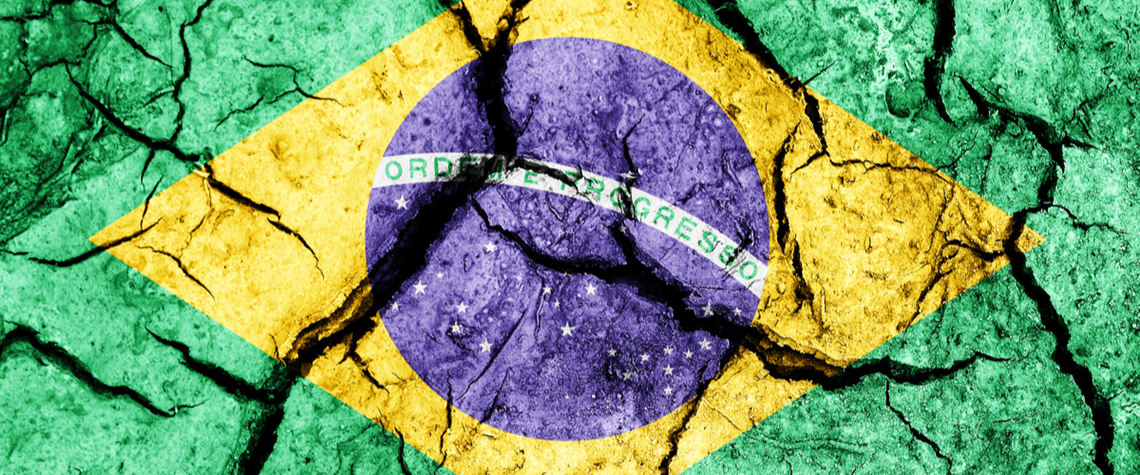Brazil fails to prevent energy crisis
Government inaction and rapidly changing climate have combined to highlight the importance of diversifying the country’s energy mix
A combination of lack of planning, political miscalculations, technical mistakes and dire climatic conditions have caused an energy crisis in Brazil. And the precarious situation is likely to be as bad as, if not worse than, the crisis of 20 years ago, which left severe economic and political upheaval in its wake. Government initiatives directed at attenuating the effects of the crisis are mostly too little, too late—especially those involving centralised government planning, such as conservation of hydro capacity by altering water flows to different sectors or dispatching sufficient new thermal sources. Since the 2001 energy crisis, Brazil has added much wind, biomass (mostly sugarcane), ga

Also in this section
26 February 2026
OPEC, upstream investors and refiners all face strategic shifts now the Asian behemoth is no longer the main engine of global oil demand growth
25 February 2026
Tech giants rather than oil majors could soon upend hydrocarbon markets, starting with North America
25 February 2026
Capex is concentrated in gas processing and LNG in the US, while in Canada the reverse is true
25 February 2026
The surge in demand for fuel and petrochemical products in Asia has led to significant expansion in refining and petrochemicals capacities, with India and China leading the way








